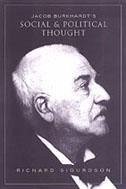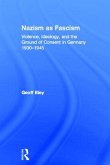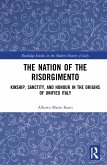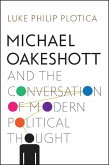Contrary to his usual portrayal as a disinterested aesthete, Swiss cultural historian Jacob Burckhardt is characterised as an original social and political thinker in Richard Sigurdson's timely book Jacob Burckhardt's Social and Political Thought. Burckhardt's thinking on a number of ideas - including the relationship between the individual and the mass, the tension between the ideals of equality and human excellence, and the role of the intellectual in the modern state - is the subject of insightful analysis, thus providing a rare investigation into Burckhardt's culture-critique of the nineteenth century. Other important aspects of Burckhardt's life that undoubtedly influenced both his historical and political thought, such as his ambiguous relationship with Friedrich Nietzsche, are carefully scrutinised in this groundbreaking analysis of the Swiss historian. Known primarily as an historian, Burckhardt's historical writings provide not only a powerful critique of his own times, but also a broad-ranging political philosophy that can be placed within the larger German tradition of evaluating politics according to the values and standards of art and culture. Although Burckhardt himself expressed his scepticism towards general theories and claimed to be devoid of a personal philosophical position, Sigurdson argues that, through an examination of Burckhardt's works, both implicit and explicit political reflections and theories are recognisable.
Hinweis: Dieser Artikel kann nur an eine deutsche Lieferadresse ausgeliefert werden.
Hinweis: Dieser Artikel kann nur an eine deutsche Lieferadresse ausgeliefert werden.








